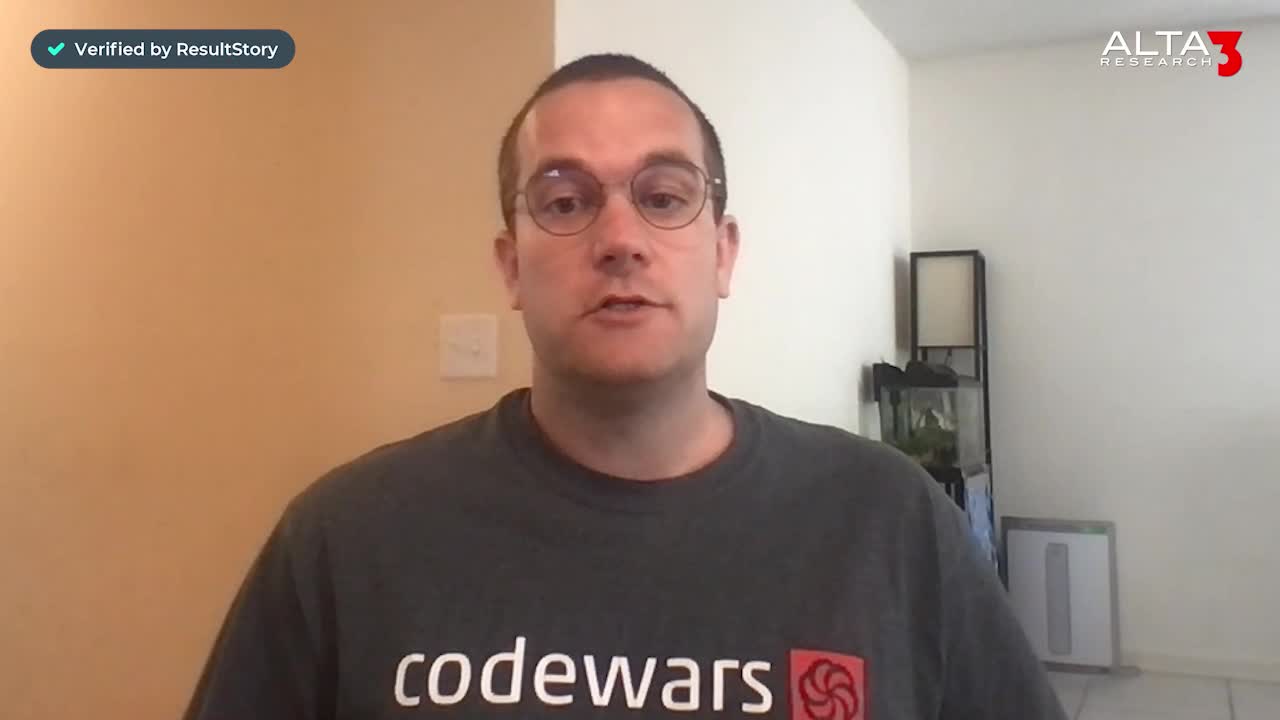Microsoft Dynamics 365 Finance
Master the comprehensive financial management capabilities of Microsoft Dynamics 365 Finance and elevate your career as a Functional Consultant by learning to configure essential business processes seamlessly.

Essential Skills Gained

Understand financial duties and processes in Dynamics 365 Finance.

Configure and manage essential features in Dynamics 365 Finance.

Implement financial management processes effectively in Dynamics 365 Finance.

Leverage Dynamics 365 Finance to optimize accounts payable and receivable tasks.
Format
- Instructor-led
- 4 days with lectures and hands-on labs.
Audience
- Finance and Operations Functional Consultants
- Business Analysts
- Accounting Professionals
- ERP Implementation Specialists
Description
This course covers the financial aspects of Dynamics 365: configure and use essential financial components, accounts payable, accounts receivable, collections, budgeting, fixed assets, and additional functionality.
Upcoming Course Dates
No upcoming dates. Please check back later.
Course Outline
Download PDFModule 1: Overview of Dynamics 365 Finance
Introduction
Overview of Dynamics 365 Finance Features and Capabilities
Core Components of Dynamics 365 Finance
Overview of Financial Management Modules in Dynamics 365 Finance
Benefits of Dynamics 365 Finance
Module Summary
Knowledge Check
Module 2: Set Up and Configure Financial Management
Introduction
Create and Configure New Legal Entity
Define and Configure the Chart of Accounts
Configure Ledgers and Currencies
Implement and Manage Journals
Implement and Manage Cash and Bank
Implement Cost Accounting and Cost Management
Perform Periodic Processes
Configure, Collect, and Report Taxes
Module Summary
Knowledge Check
Module 3: Implement and Manage Shared Configuration for A/P and A/R
Introduction
Configure Terms of payment
Configure Payment Days, and Payment Schedules
Configure Cash Discounts
Configure Payment Calendar
Configure Payment Fees
Module Summary
Knowledge Check
Module 4: Implement and Manage Accounts Payable
Introduction
Create and Maintain Accounts Payable Method of Payment
Create and Maintain Vendor Groups and Vendors
Create and Configure Vendor Posting Profile
Configure Invoice Validation Policies
Process Orders, Invoices, and Payments
Enable and Test Vendor Collaboration Portal for a Vendor
Configure Accounts Payable Charges
Configure and Use Positive Pay
Module Summary
Knowledge Check
Module 5: Implement and Manage Expense Management
Introduction
Configure and Use Expense Management
Module Summary
Knowledge Check
Module 6: Implement and Manage Accounts Receivable and Credit and Collections
Introduction
Configure Method of Payment
Create and Maintain Customer Groups and Customers
Create and Configure Customer Posting Profile
Process Orders, Invoices, and Payments
Configure Accounts Receivable Charges
Manage Credit and Collections
Configure Revenue Recognition
Module Summary
Knowledge Check
Module 7: Configure and Manage Budgeting
Introduction
Configure and Use Basic Budgeting
Configure and Use Budget Controls
Create and Configure Registry Entries
Configure and Use Budget Planning
Module Summary
Knowledge Check
Module 8: Configure and Manage Fixed Assets
Introduction
Configure Fixed Assets Components
Manage Fixed Assets
Fixed Asset Acquisition, Depreciation, and Disposal
Fixed Asset Integration
Module Summary
Knowledge Check
Your Team has Unique Training Needs.
Your team deserves training as unique as they are.
Let us tailor the course to your needs at no extra cost.
See What Other Engineers Are Saying
Trusted by Engineers at:
and more...

Aaron Steele

Casey Pense

Chris Tsantiris

Javier Martin

Justin Gilley

Kathy Le

Kelson Smith

Oussama Azzam

Pascal Rodmacq

Randall Granier

Aaron Steele

Casey Pense

Chris Tsantiris

Javier Martin

Justin Gilley

Kathy Le

Kelson Smith

Oussama Azzam

Pascal Rodmacq

Randall Granier